Celebrating Life: how oral history can help preserve our stories
From life stories worth recording to endangered languages in need of preservation, oral history shows us a way to preserve our unique voices and life stories.
Written by stannah
Ever met someone whose life story you thought should be shared with the world? How would you go about doing that? As a method of collecting life stories through recorded interviews, oral history gives us the chance to record, preserve and share those incredible and wonderful stories! Peoples’ lives are full of trials and tribulations, happy endings and the search for them; to not preserve these stories and share them, means losing all of the experience and wisdom gained throughout a lifetime. It also means missing the opportunity for future generations to look at the past through the eyes of someone that has lived through and learned from it.
Depending on its purpose, oral history interviews can be personal or formal, and have often been used to help tell the stories of those who have been wronged, misrepresented or even erased from the history books. From the stories of women’s rights activists to the struggles of the working class and people from all walks of life that have relentlessly sought justice and fair representation for their communities, oral history provides the unique opportunity to have their life stories recorded in their own words and the chance to finally set the record straight.
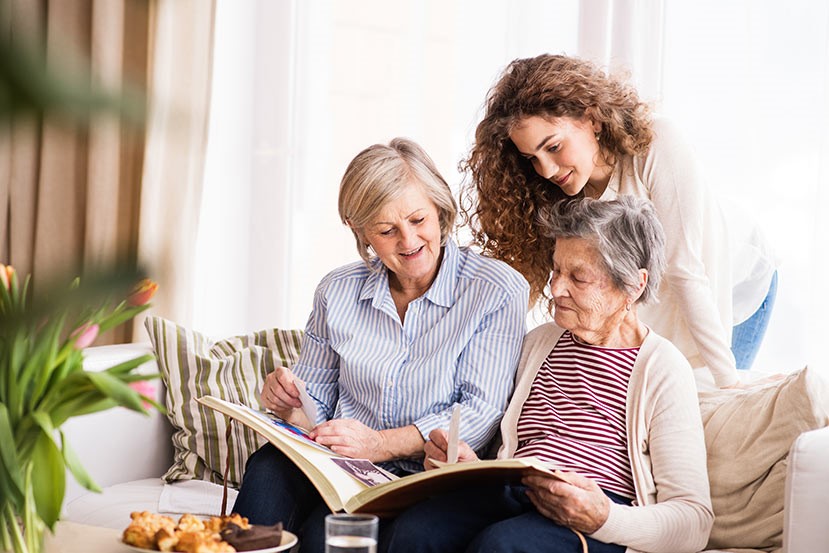
And it’s not just life stories that oral history can help us preserve. Research shows that approximately 400 languages have gone extinct over the past century alone – that’s one language every three months! Just imagine the countless languages, dialects, and accents currently in danger of disappearing. These could also be saved and preserved through an oral history interview! That’s why today’s blog post will cover oral histories and how everyone can use this method to preserve the stories of their families, communities and cultures, or even their dying languages.
Contents:
What is oral history?
Bridging the generation gap
Get involved in an oral history project
Podcasts & Oral history
Oral history: a way to preserve endangered languages?
Tips for an oral history interview
What is oral history?
As a way to gather life stories, oral history interviews were first used by scholars, but this method has since spread far beyond the academic world. Nowadays, this type of interview is often used to help preserve someone’s viewpoints on important historical events, their voices and cherished memories, even their unique personalities. History is not just a random collection of past events that we can read about in dusty encyclopaedias – it’s so much more than that! It’s our collective memory and as many have said before, it truly is one of the best ways for us to understand the present.
“Everyone around you has a story the world needs to hear”.
David Isay, founder of StoryCorps
And the most amazing thing about it is that almost anyone can set up an oral history interview: the only thing you need is a script with the questions you want to ask, a recording device and you’re good to go!

Bridging the generation gap
Everyone we know has a unique story to tell, and oral history gives younger and older generations the opportunity to connect and bridge the well-known generation gap by sharing wonderful memories and life stories.
A great example of how oral history can help connect different generations was created by StoryCorps in 2015 under the name “The Great Thanksgiving Listen”. Young Americans were challenged to choose an older adult to interview, pick up their smartphone and record a conversation that would, later on, be preserved in the StoryCorps Archive at the Library of Congress. This initiative, which began as a challenge issued by StoryCorps’ founder Dave Isay, was first aimed at high school students, but soon developed into a larger movement, in which anyone with an interest in oral history and storytelling can participate.
Get involved in an oral history project
Oral history projects are mainly focused on preserving people’s life stories, so present and future generations have the chance to see history through a different perspective, and nowadays there are wonderful oral history projects that you can be a part of or simply follow online. Whether you’re interested in listening to all the incredible stories out there or you’d like to see your own life story, or the story of someone you know recorded in an oral history interview, there are different oral history projects that you can get involved in. Here are a few examples:
StoryCorps
StoryCorps, which we’ve mentioned before, was created in 2003 by TED Prize Winner and MacArthur Fellow Dave Isay. Since then, it has grown to become one of the “largest born-digital collections of human voices in the world, featuring more than 200,000 recorded conversations”. StoryCorps has different initiatives focused on recording different life stories, from the Memory Loss Initiative to the StoryCorps Justice Project and the September 11th Initiative. StoryCorps also has recording sites across the US where you can take someone you’d like to interview for a 40-minute conversation. If you prefer, you can also use their free mobile app to record and share your oral history interviews.
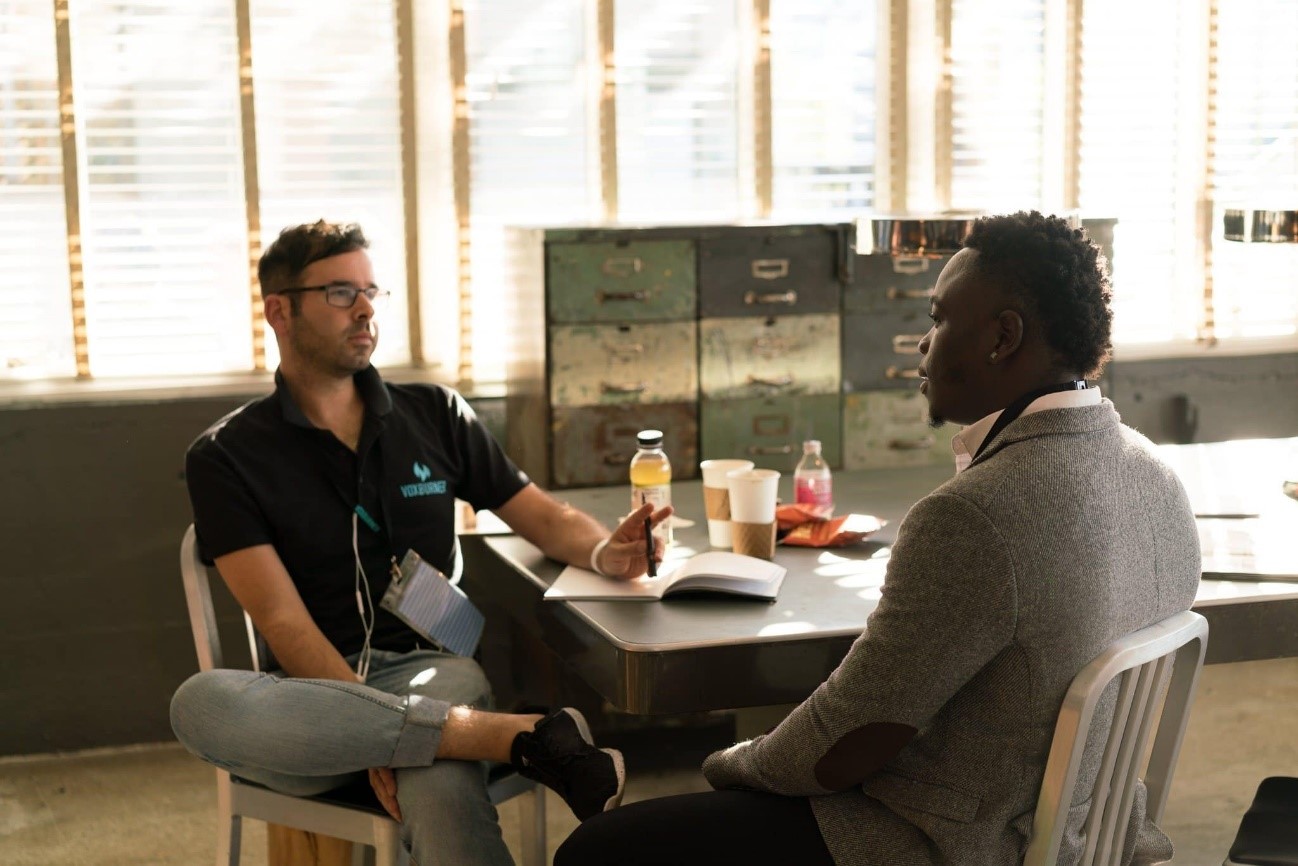
The Academy of Motion Picture Arts and Sciences
The Academy of Motion Picture Arts and Sciences, known worldwide for hosting the annual Academy Awards – “The Oscars” – also has an oral history project known as the “Academy Oral History Projects”. This project is mainly focused on gathering and preserving recorded interviews of people linked to filmmaking history, including actors, composers, designers and executives, among others.
Podcasts & Oral history
After your interview is done, it’s time to think about how to share it. Nowadays, more and more oral historians are choosing to share their incredible work through podcasts. And it’s easy to understand why: for oral history, podcasts can be an open door to reach millions of people. All the amazing stories that are recorded and kept in archives that only a few know about are now shared through podcasts and listened to by people across the world.
Today, you can find podcasts virtually anywhere online, from your favourite blogs to the news organizations you follow. But for those who are new to it, podcasts are basically a series of audio files that you can access and download online, whenever you wish. You can also listen to them on a variety of devices: if you own an iPhone or iPad you can simply access Apple’s podcast app; if you have an android device, you can use the Google Play Music app or download another free podcast app to enjoy the many podcasts available. Here are some oral history-focused podcasts that you can check out:
- The Wisdom Project Podcast
- Outspoken: A COPH Podcast
- The Other Side of the Mic: An Oral History Podcast
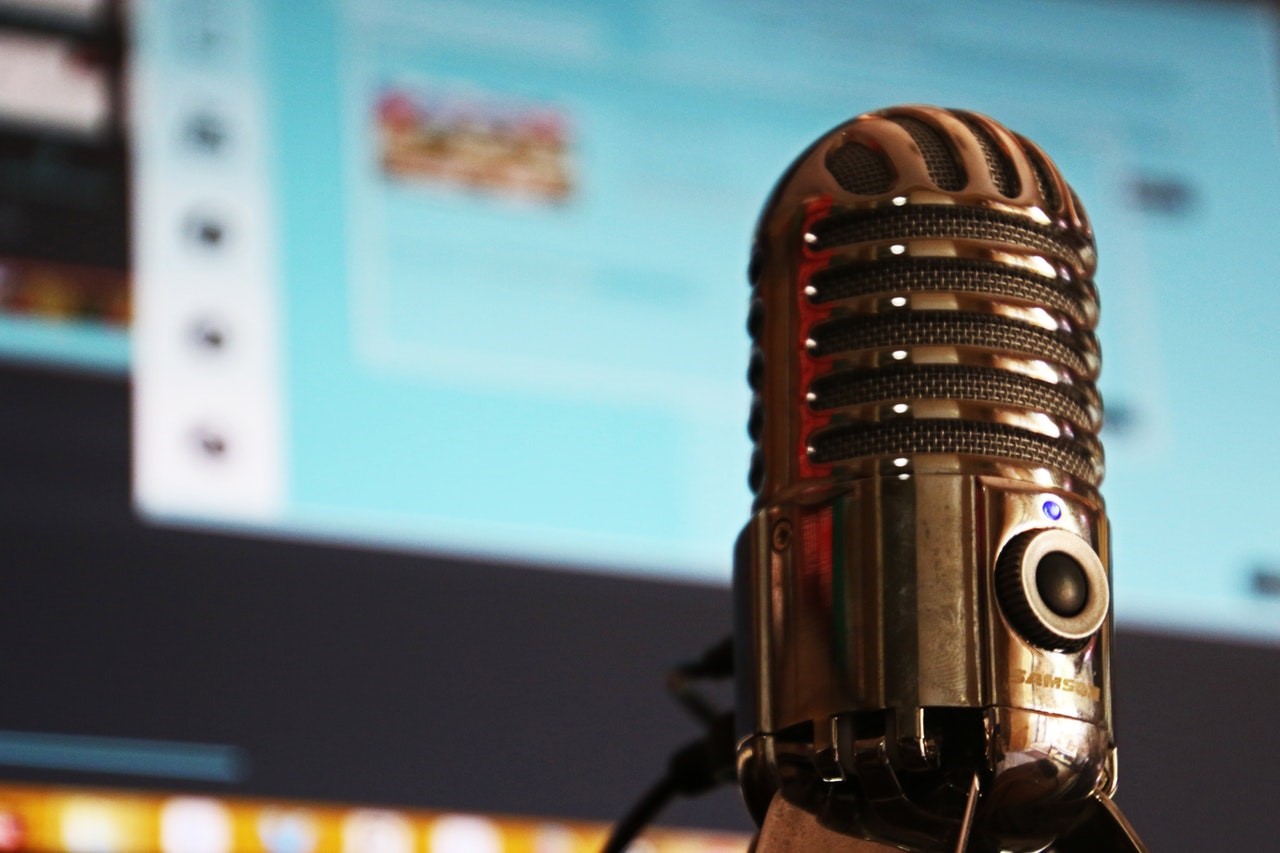
Oral history: a way to preserve endangered languages?
It’s not just life stories that oral history can help us preserve. Although this is not the main focus of oral history, its interviews could also be used to help protect and raise awareness about endangered languages. They say that at the centre of every oral history there’s a human voice worth hearing, and what better way to help preserve a dying language than to record it while listening to someone’s life story?
UNESCO researchers believe that among the 7,000 languages spoken in the world today, half of these will be extinct by the end of the century. If someone in your family or your community speaks an endangered language, why not interview them and get their unique language on record so others may hear it and, who knows, even take an interest in learning it?
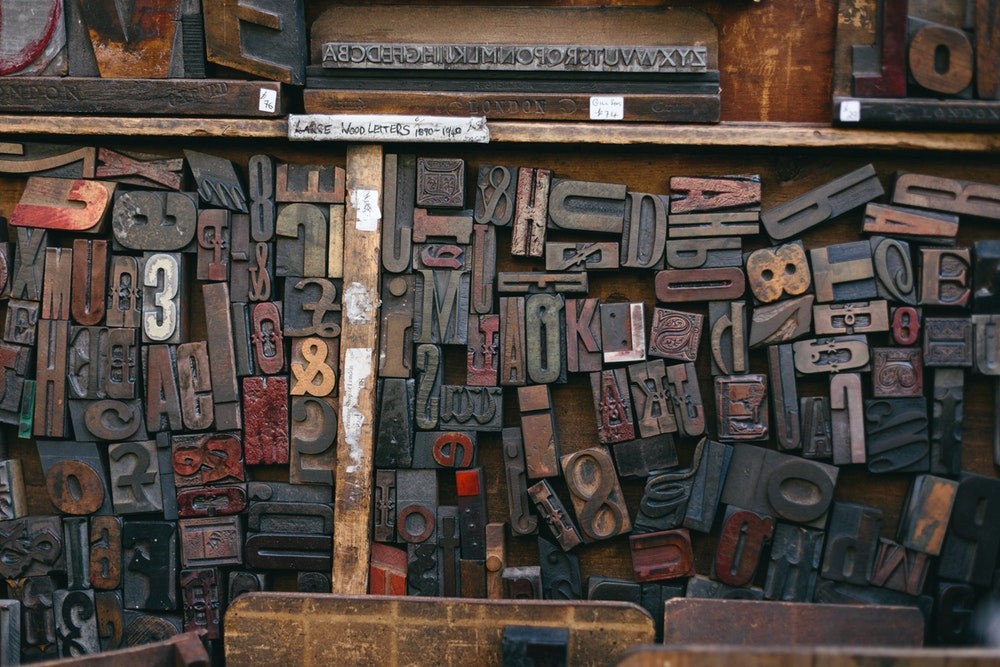
It’s a very small step, we know. But perhaps, if we all take enough small steps, we’ll be able to raise awareness about the issue of disappearing languages and do our part to help protect not only a dying language, but the invaluable cultural heritage embedded in it.
Tips for an oral history interview
History doesn’t have to be something that we only learn about in books. By recording the stories of those around us, we can all help protect our collective memory. If you’re interested in doing an oral history interview or just want to know how one could be done, here are some tips that might help you before and during the interview.
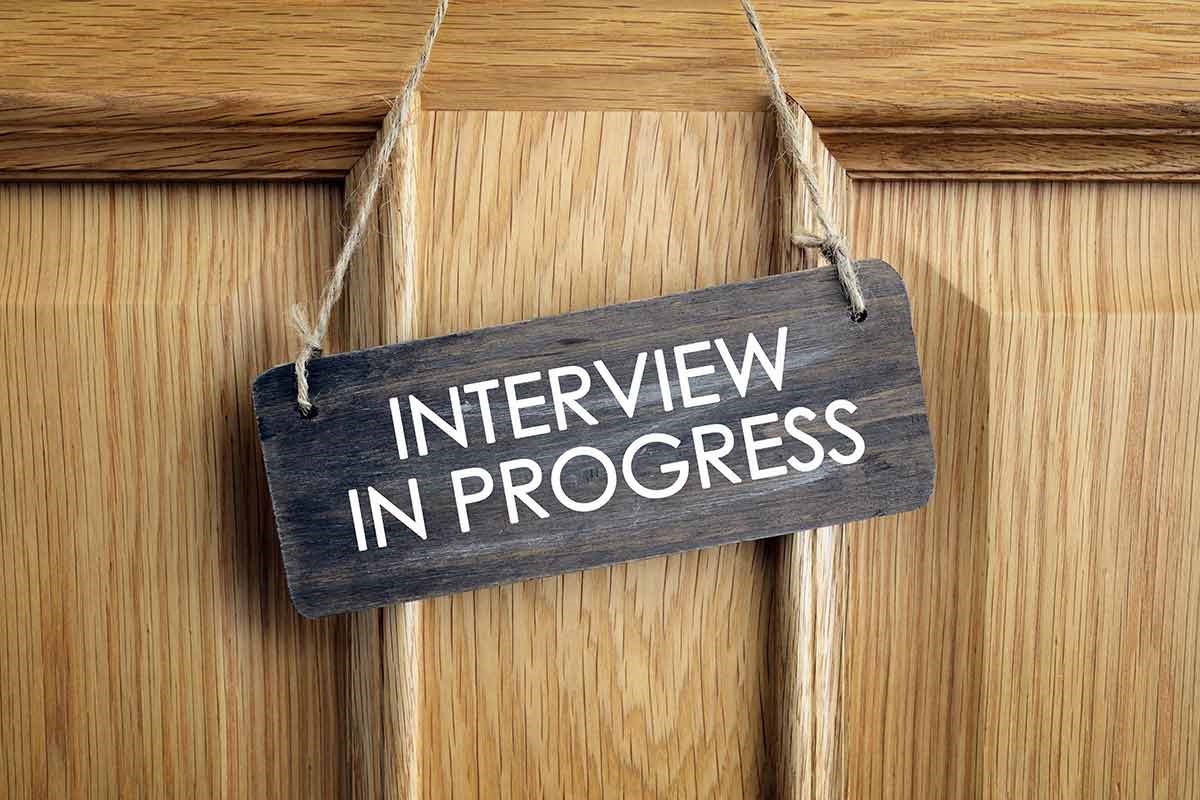
Before the interview: a few things to think about
- First, you should probably do a background research on the person you’re planning to interview, the topics you want to address and how they relate to that person’s life.
- You might also want to ask the person you’re interviewing if you can get together for a pre-interview meeting, so you can get a better sense of what questions you should ask them.
- Depending on whom you’re interviewing, you might want to get their written consent, so you can later share the interview across different platforms.
- Last but not least, you should also prepare a script with the questions you want to ask so you don’t get lost or side-track during the conversation.
Interview: what questions should you ask?
Every person’s life story is unique, but when doing an oral history interview there are a few common topics that you can talk about, such as family traditions, growing up, important historical events that might have been witnessed, like the end of the Second World War or important marches linked to the Civil Rights movement, for example. Here are some questions that you could ask:
- What do you remember about your childhood?
- What was it like to grow up during the ‘70s?
- What did you do for a living?
- Were there any significant political changes when you were growing up?
- What are you most grateful for?
- How do you want to be remembered?
The truth is there are many questions that you can ask depending on the person whose story you want to record. That’s why it’s so important to prepare for the interview beforehand and get to know a little bit more about them, so you know exactly what to ask and how to make the most of the entire experience.
At a certain point in our lives, we all have a story to tell that is worth sharing and preserving. Our life stories matter – they belong to our collective memory and should be cherished. Find someone whose life story you’d love others to hear, record it and share it with the world!
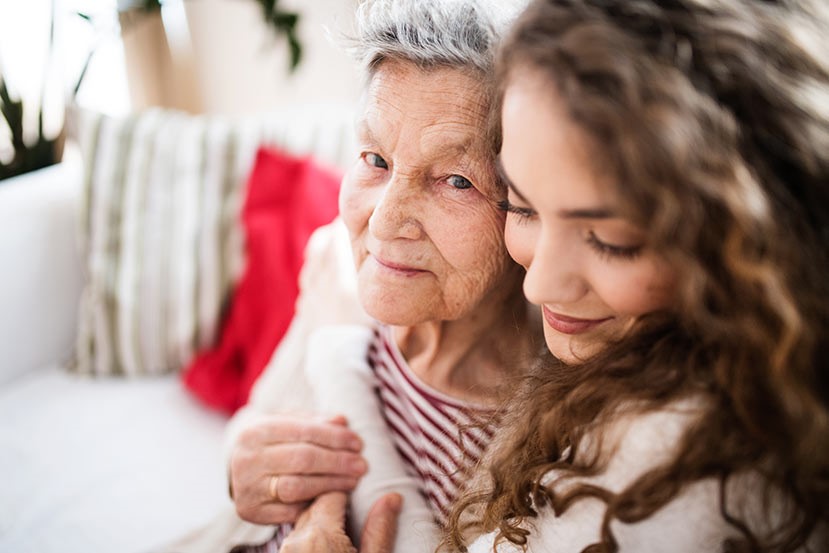
Sources:
- Oral History Association, Oral History: Defined
- StoryCorps, The Great Thanksgiving Listen
- Doug Boyd, Made for each other: capturing, preserving, and sharing human stories
- UNESCO, UNESCO’s Endangered Languages Programme
- Jeanelle Hope, Why oral history matters
- The Academy of Motion Picture Arts and Sciences, Academy Oral History Projects
- The British Library, Oral history
- com, Get Nosy with Aunt Rosie: Example Questions for Oral Histories
- Louie B. Nunn Center for Oral History, The Wisdom Project Podcast
- The Lawrence de Graaf Center for Oral and Public History, Outspoken: A COPH Podcast
- Amplify, The Other Side of the Mic: An Oral History Podcast
Further Reading:
